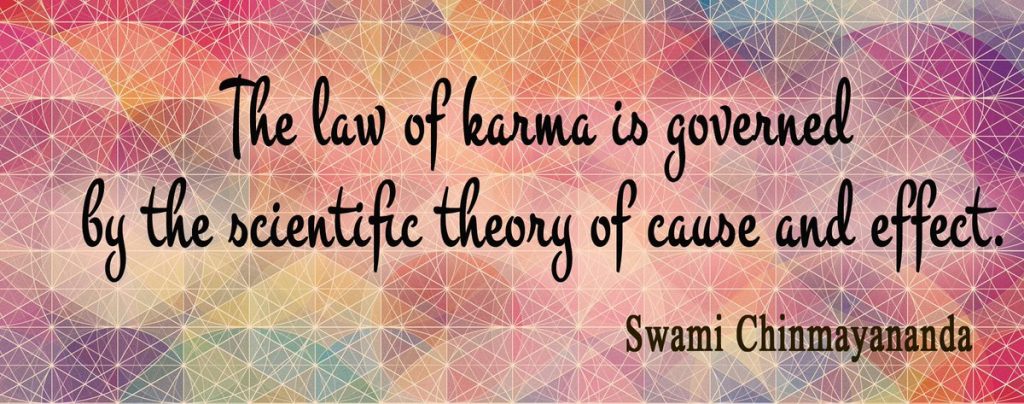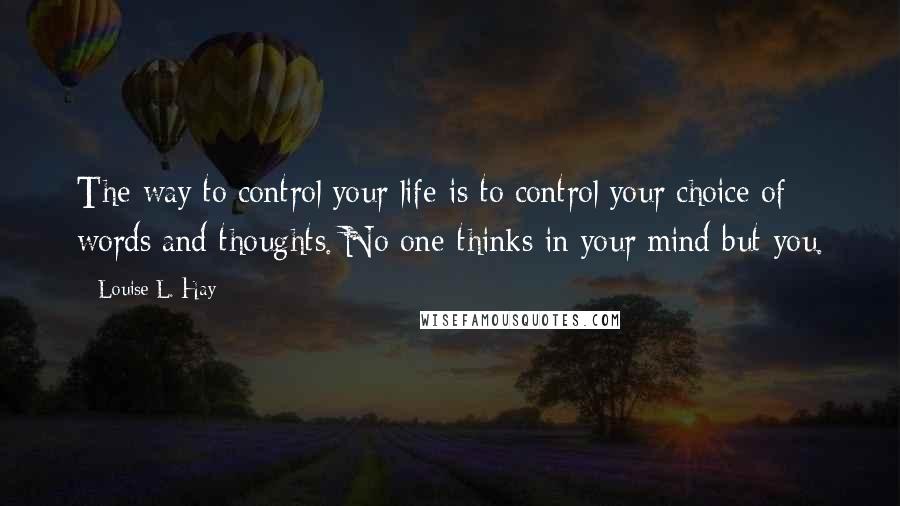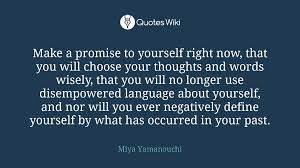
‘Law of Karma’, we all have heard people make a comment, “that’s Karma”. But, what is a better way to understand it’s meaning or purpose? Firstly, the name according to the basic Sanskrit definition of karma, it simply means “action”. Also known as the ‘Law of Cause and Effect’.
- Everything we do is a choice
- Every choice has a consequence
- Easy to know this is with BIG decisions but what of those unconscious decisions we make daily?
- Karma is being aware that we are making a choice while we are making it and the subsequent consequences simultaneously
- The exercises are a choice, the consequences are automatic
- With gusto, you can leverage the Law of Karma

In essence, everything we do creates a corresponding energy
that comes back to us in some form or another. Difficult karmic experiences
catalyze learning and growth, and can later lead to good karma if we work
towards positive change. Everything we do is linked to our karma:
How we treat others;
How we see our own role in the world;
The way we use resources;
How we develop our characters.
Newton’s third law of motion.
Simply put, this law states that for every action, there is an equal and opposite reaction.
Karma and Newton’s third law both express a similar resemblance in my opinion. Newton proposed it in order to describe the laws of physics in the material universe, but it also expresses the truth of our spiritual reality I feel. When combined together, they express something even more profound, the essential harmony of science and religion.
These two laws may explain why all the religions and philosophers have universally agreed on the concept of the Golden Rule, which has been expressed in different wordings in many religions. What one puts in, whether physical or spiritual, that same energy will eventually come back.

The Golden Rules: (Karma)
Treat not others in ways that you yourself would find hurtful. – Buddhism
In everything, do to others as you would have them do to you; for this is the law and the prophets. – Christianity
This is the sum of duty; do naught onto others what you would not have them do unto you. – Hinduism
Not one of you truly believes until you wish for others what you wish for yourself. – Islam
What is hateful to you, do not do to your neighbor. This is the entire Law; all the rest is commentary. Go and learn it. – Judaism
Control your thoughts:
We are always presenting to subby. Be careful and aware of your choices and thoughts. It’s a genius, but it’s a survivor. Every single word you say to yourself it hears. It takes it literally, we even need to make sure we are not doing affirmation deficiency. You need to master your thoughts to improve any condition in your life. Be the observer, your ‘thoughts are cause‘. Results we get or actions we take or do not take are ‘the effects of what we are thinking‘.

Let us relate this to a common desire of many. ‘I want to lose weight‘. Or, the affirmation of ‘when I lose, or get rid of this much weight I will be healthy’. So subby hears the words ‘lose‘ , ‘getting rid of‘ and ‘weight‘. So losing or getting rid of are part of the affirmation deficiences we mentioned earlier. Losing anything is a negative thing! Or, getting rid of weight, because healthy is linked to getting rid of something. Better choice of words would be, ‘I make healthy choices 24/7‘.
Reminder of how all the little things are adding up, even if we feel they can’t be measured or seen! So to me whether I look at my actions through Newton’s law, the ‘law of karma’, or the Golden Rule, the conclusion becomes very clear. All of those immutable laws tell me that I should be very considerate and mindful with my actions, my thoughts and my choices because they always have consequences.

“Directly or indirectly I am creating my destiny, I am in charge and it is unfolding exactly how it is supposed to!”- Brenda Brown













